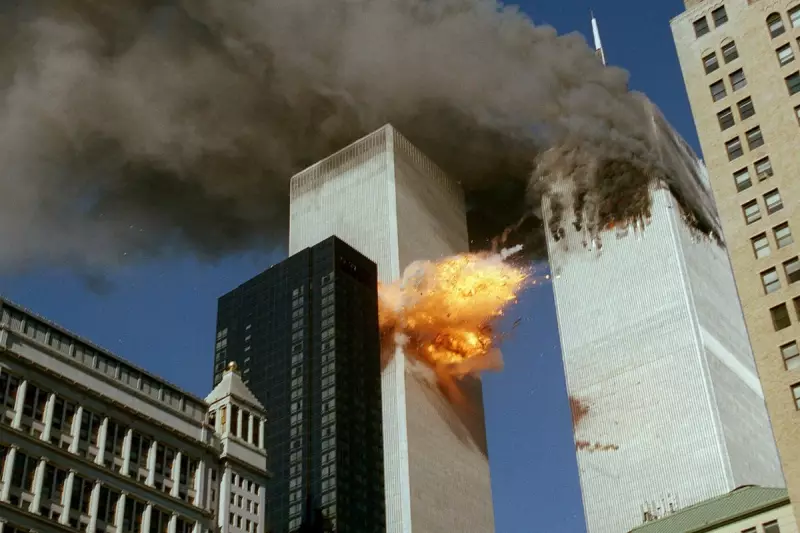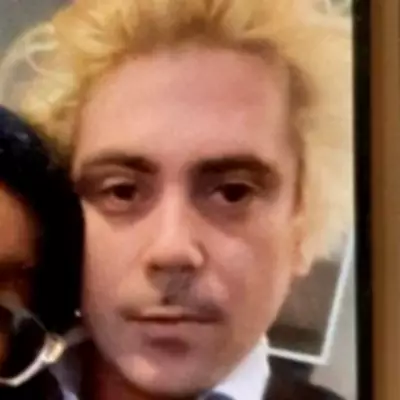
New York City Mayor Eric Adams is under fire after his administration announced plans to conduct DNA testing on unidentified remains from the 9/11 terrorist attacks at the World Trade Center. The decision has drawn sharp criticism from victims' families and advocacy groups, who argue the move lacks proper consultation and sensitivity.
Controversial Decision Sparks Outrage
The Office of the Chief Medical Examiner revealed it would be using advanced DNA technology to attempt identification of approximately 1,100 remains that have gone unmatched for over two decades. While officials claim this could provide closure for some families, many relatives of 9/11 victims have expressed outrage at not being consulted about the decision.
Families Feel Betrayed
"This feels like yet another betrayal," said Mary Fetchet, founding director of Voices Center for Resilience, who lost her son Brad in the attacks. "After 22 years, to make this decision without proper dialogue with the families is unconscionable."
The remains in question have been carefully preserved at the 9/11 Memorial Museum's private repository. Many families consider the site sacred ground and fear the testing process could disturb what they view as their loved ones' final resting place.
Mayor Defends Move as Path to Closure
Mayor Adams defended the initiative, stating: "Our goal is to use every tool at our disposal to bring whatever measure of closure we can to families who have endured unimaginable loss." He emphasized that the testing would be conducted with "the utmost care and respect."
Forensic experts explain that recent advancements in DNA technology, particularly in analyzing degraded samples, have made new identifications possible where previous attempts failed. However, some families question whether potential identifications after so many years would provide more pain than comfort.
Ethical Questions Raised
Bioethicists have entered the debate, raising questions about consent and the psychological impact on families. Dr. Robert Klitzman of Columbia University noted: "There are complex ethical considerations when dealing with remains that families may have made peace with remaining unidentified."
The controversy comes as New York prepares to mark the 22nd anniversary of the attacks, with memorial services planned at the World Trade Center site, the Pentagon, and in Shanksville, Pennsylvania.





